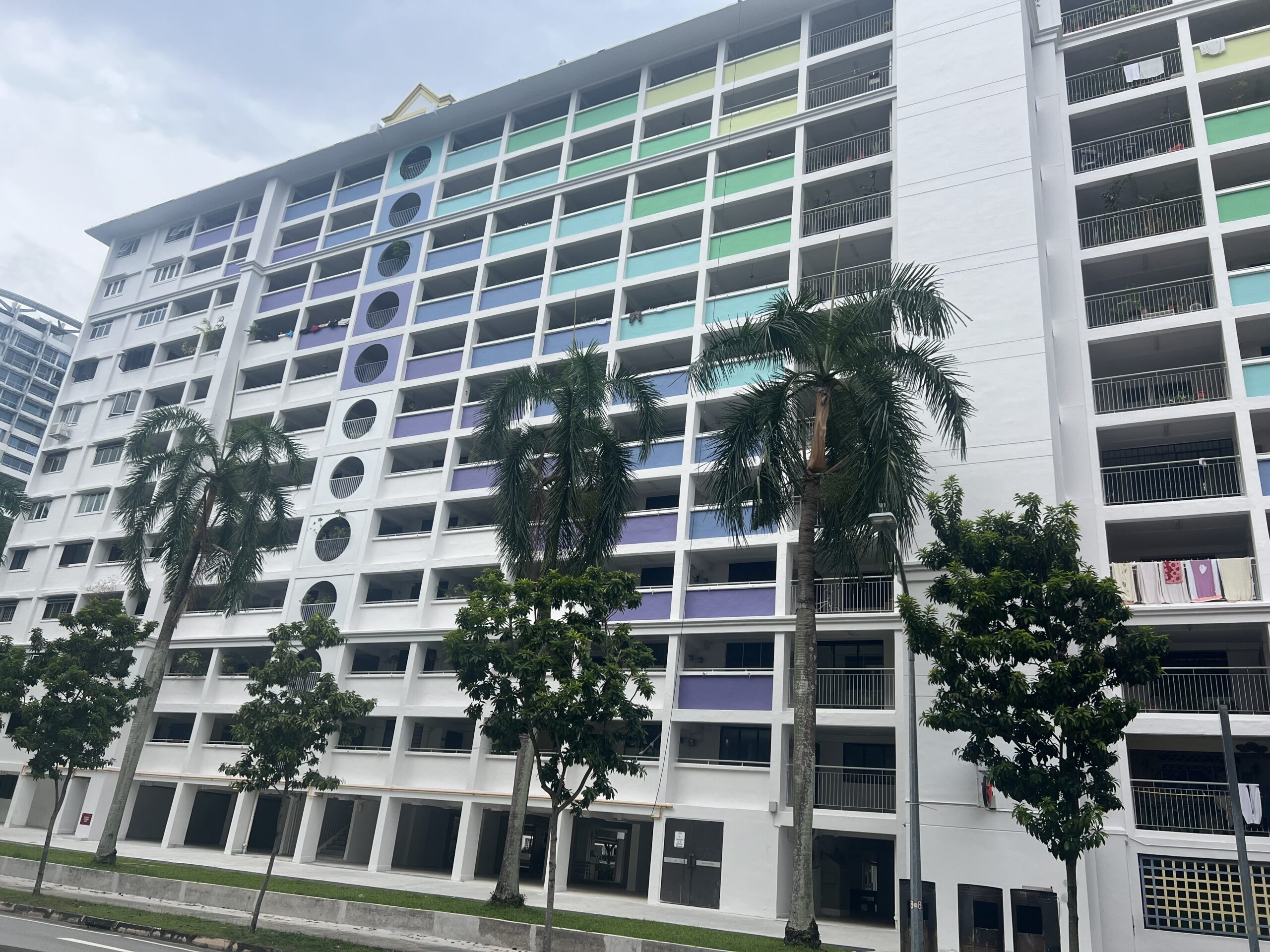Singapore Properties
The Singapore property market in 2024 is marked by several key trends and developments, reflecting both challenges and opportunities for buyers, investors, and renters.
- Market Trends and Buyer Behavior: The market has seen a shift towards more informed and strategic buying decisions. Today's buyers are well-researched, considering factors like neighborhood dynamics, property values, and amenities before making purchases. There is a growing preference for properties that offer holistic living experiences, including sustainable and eco-friendly features (Redbrick).
- Interest Rates and Financing: Interest rates, influenced by US Federal Reserve policies, have been a major factor. With potential rate cuts expected in late 2024, there might be a shift away from fixed-interest home loans, making mortgages more affordable and potentially stimulating market activity (Yahoo Finance) (Stacked Homes).
- Property Types and Demand: There is a notable interest in non-landed resale and sub-sale markets, especially in the Rest of Central Region (RCR) and Outside Central Region (OCR). The completion of numerous new residential projects is driving this trend, offering immediate occupancy options that attract buyers (SG Luxury Condo). Additionally, the luxury segment, including million-dollar HDB flats, continues to perform well, indicating robust demand in niche markets (PropertyGuru SG).
- Rental Market: The rental market is expected to soften slightly due to an increase in housing supply from newly completed projects. This is likely to give tenants more bargaining power and stabilize or even reduce rental rates (Stacked Homes) (Yahoo Finance).
- Redevelopment Projects: Redevelopment of aging, mixed-use properties such as Golden Mile Complex and Peace Centre is gaining traction. Successful projects in these areas are expected to boost interest and investment in similar properties, potentially revitalizing prime locations and enhancing their value (Stacked Homes) (Redbrick).
- New Launches: The market will see a significant number of new property launches in 2024, with over 12,000 private homes expected to be introduced. This includes large projects that cater to diverse preferences and needs, which may drive a vibrant market environment for both buyers and investors (Redbrick) (SG Luxury Condo).
- Sustainability: Environmental and sustainable considerations are increasingly influencing buying decisions. Properties with energy-efficient designs, green spaces, and eco-friendly amenities are becoming more desirable, reflecting a broader global trend towards sustainability (Redbrick).
In conclusion, while the Singapore property market faces some challenges such as high interest rates and economic uncertainties, it remains dynamic with numerous opportunities for strategic buyers and investors. The combination of new launches, informed buyer behavior, and a focus on sustainability is likely to shape the market positively in 2024.
Type of Properties In Singapore

Housing and Development Board (HDB)
The Housing and Development Board (HDB) in Singapore is a statutory board under the Ministry of National Development, established in 1960 to provide affordable and quality public housing. Over 80% of Singapore's population lives in HDB flats.
Key Features
Flat Types: Ranging from 1-room to executive apartments, catering to various family sizes and incomes.
Affordable Pricing: Subsidized rates and grants make home ownership accessible.
Long Lease: Most flats are sold on a 99-year lease.
Resale Market: Flats can be sold after a 5-year minimum occupation period (MOP).
Comprehensive Town Planning: Includes schools, shopping centers, parks, and transportation links.
Community Integration: Initiatives and facilities to encourage social interaction.
Challenges
Aging Population: Need for senior-friendly housing and services.
Affordability: Concerns over rising property prices.
Maintenance: Upkeep of aging flats to maintain living standards.

Private Properties
Private property in Singapore is a significant aspect of the country's real estate market, characterized by a variety of property types, a robust regulatory framework, and substantial government involvement to maintain affordability and stability. Here's an overview:
Types of Private Property
Private Condominiums and Apartments:
These are multi-unit residential buildings, typically with shared facilities like swimming pools, gyms, and security services. Condominiums tend to have more extensive amenities compared to apartments.
Landed Properties:
These include detached houses, semi-detached houses, and terrace houses. Landed properties are highly coveted due to the limited land area in Singapore.
Executive Condominiums (ECs):
ECs are a hybrid of public and private housing. Initially sold with government subsidies, they become fully private after ten years.
Market Dynamics
Demand and Supply: Influenced by economic growth, population increases, and foreign investment. The government regulates supply to prevent market overheating.
Prices: Affected by market demand, with significant fluctuations over time.

Commercial / Industries Property
Commercial and industrial properties in Singapore are distinct categories of real estate, each serving different purposes and subject to specific regulations and market dynamics.
Commercial Properties
Types of Commercial Properties:
Office Buildings: Used primarily for business activities, including workspaces for companies, co-working spaces, and serviced offices.
Retail Spaces: Includes shopping malls, standalone shops, and retail podiums. These are used for selling goods and services directly to consumers.
Shophouses: Historical buildings often found in older parts of the city, used for both commercial and residential purposes.
Hotels and Serviced Apartments: Used for short-term accommodation and hospitality services.
Medical Suites: Specialized spaces within buildings or standalone properties used for healthcare services.
Industrial Properties
Types of Industrial Properties:
Light Industrial Buildings: Used for manufacturing, production, and light assembly work. Often includes factories and warehouses.
Heavy Industrial Buildings: Suitable for heavy manufacturing processes, involving large machinery and significant energy consumption.
Business Parks: Designed for high-tech industries, R&D, and technology-related businesses. They often provide a mix of office and industrial space.
Logistics and Warehousing: Specialized buildings designed for storage and distribution of goods, crucial for supply chain operations.
Flatted Factories: Multi-storey buildings that house multiple industrial units, catering to small and medium-sized enterprises (SMEs).
Regulations and Policies
Zoning: Singapore's Urban Redevelopment Authority (URA) regulates land use through zoning laws, ensuring that properties are used according to designated purposes.
Lease Terms: Industrial properties often come with shorter lease terms compared to commercial properties, typically 30-60 years.
JTC Corporation: Manages many industrial